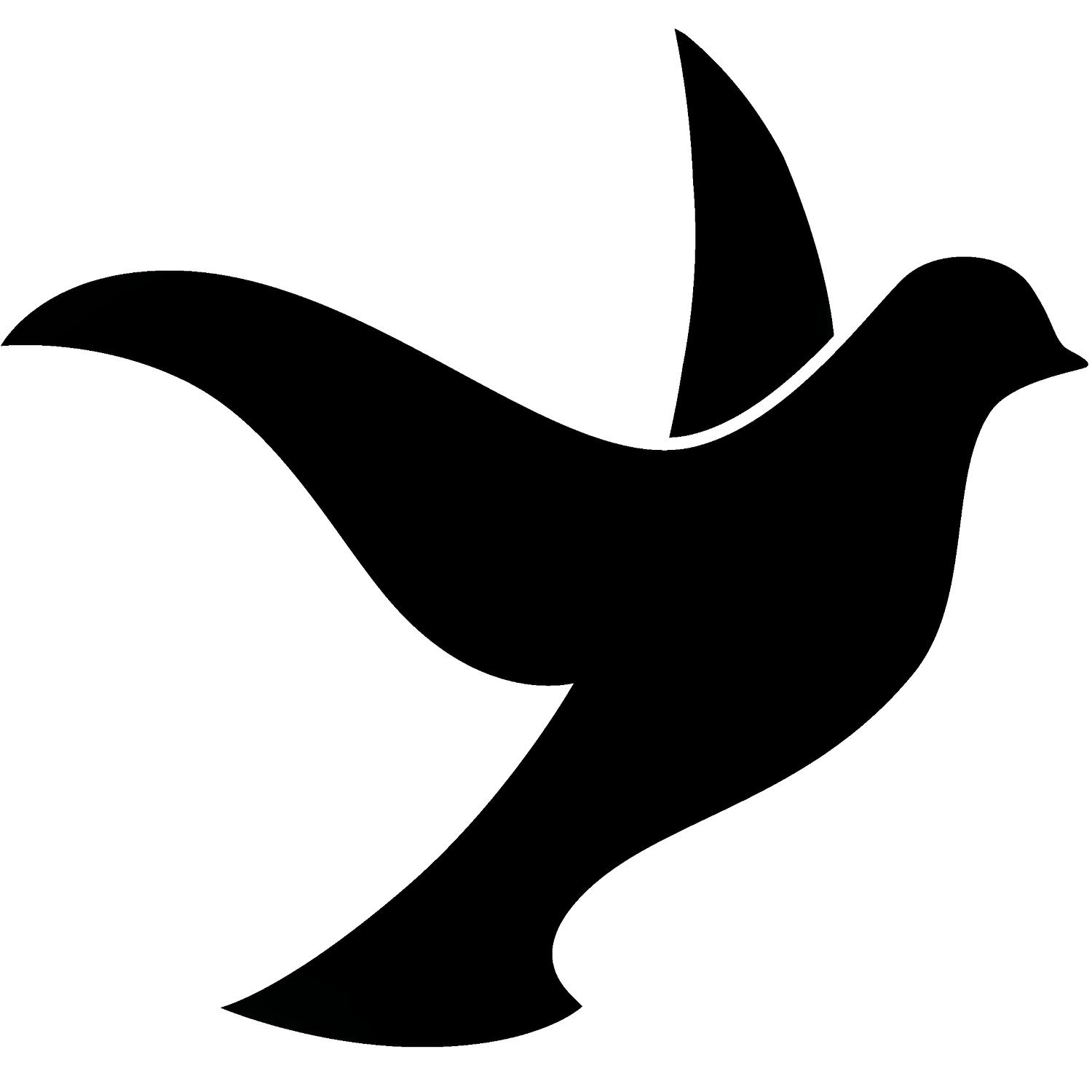AYUDH PORTRAITS: LEANDER KRETSCHMER
I'm Leander, I'm 25 from Germany and I'm currently doing a voluntary service in the M. A. Center, Pontgouin. Before that I studied social work. I’m doing a lot of things; I'm helping with the day to day life in the M. A. Center, and also taking responsibilities (in its facilitation). I also spend my time working with AYUDH, so I organise projects like planning national weekends, organising the German steering committee or at least facilitating it.
What motivated you to start volunteering?
What made me start this voluntary program was that I thought during that time that it was a good opportunity for me, because I didn't know what I wanted to do after my studies and I wanted to get work experience but not actually working 9 to 5 immediately. And at the same time, I wanted to get experience in the area of social work. Another factor was also that I wanted to experience and reconnect with my spiritual path and to see how it goes.
What are some challenges you've encountered, and how have you navigated through them?
I think at some point I realised that it's so different (here) like before I was studying social work. I had a really strong interior attitude towards things, I saw everything from the perspective of a social worker and I thought during that time that I had such a broad view on everything. I was used to just using my mind a lot, my critical thinking, and this mindset I wanted to keep only when I arrived here, because I have also been studying this for the past 3 years of my life, which was very important for me (to keep these values).
At some point after the first 3 months, it was really hard for me here. I realised that maybe I have to let go of this (one way perspective of things through the lens of a social worker). And it helped me broaden my view and to accept things as it is, go a little bit more with the flow, instead of trying to rage against.
How did you manage to leave your comfort zone? How did it affect your relationship with others and how you saw things around you?
I think leaving my comfort zone took a long time. I feel like everyday I still leave my comfort zone. it's about you taking responsibilities, even though you know it might not seem such a hard task. I really learned also to take responsibility and to try to be proactive and engage in things. In terms of my spiritual path, it brought me a lot. I reconnected with Amma and went to India and I got much closer to spirituality with the help of the place I live in. I have such a different view now. I can really connect with the spiritual practices and it really helps me also to live the day-to-day life and to feel centred and focused and balanced and I really started to enjoy doing all those things.
What advice can you give to people that want to pursue a path but are too scared to get out of their comfort zone?
I think you just have to try it and experience it and then once you experience that going out of your comfort zone is something that is benefiting you, you’d want to do it again, and eventually, it becomes easier — almost like your comfort zone expands to include things that once felt uncomfortable. The hardest part is taking that first step, gathering the courage to push past your hesitation. But once you do, each step gets easier. And you know, it's still tough at this first initial energy of having the courage to take a step out. I think this is the most important and then after it's much easier to take this step. So my advice would be: just try it and also don't be afraid of making mistakes. You learn from mistakes a lot and I know, I'm also very afraid of making mistakes. I'd also realise this in the M. A. Center. But I learned that, in the bigger picture, those mistakes don’t matter as much as we think. Each mistake is just another opportunity to grow. It's not a big deal!
We can also practise stepping out of our comfort zones in safe environments, practising taking responsibility, practising all those things, because I think it's much easier to step out of your comfort zone in these safe spaces that are there. It can be something else, but it can also be some other volunteering. What’s important is it feels safe. These kinds of spaces allow us to practise making mistakes, taking responsibility, and trying new things without the pressure of getting everything right. And that makes it so much easier to push your boundaries.

